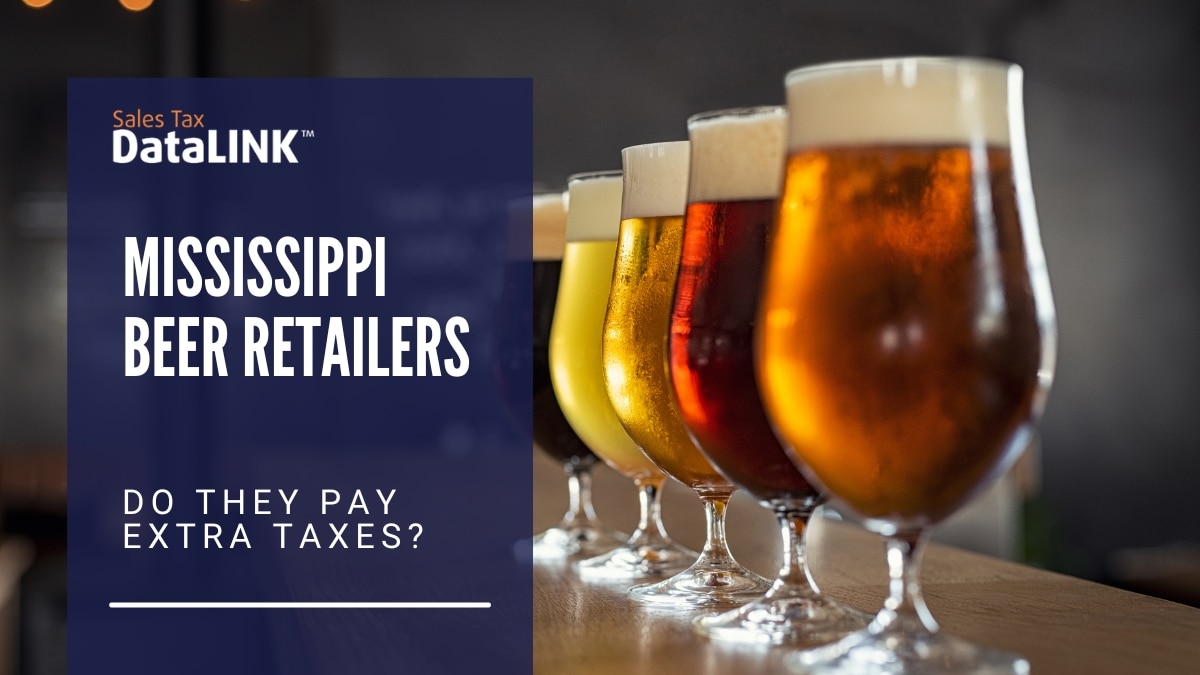Jackson, Mississippi, had a surprise. Voters agreed to a one-cent sales tax increase to cover the cost of repairing the ailing infrastructure. Food and drink in restaurants were soon exempted, in a typical chipping-away process that often reduces the impact of sales taxes. Lobbying frequently leads to exemptions for one industry or another after sales taxes are voted upon. But there was another change that wasn’t so typical. Wholesalers in Mississippi charge retailers a 7 percent sales tax on beer and light wine (wine containing less than 8% alcohol). This is unusual in itself since wholesalers don’t usually collect sales taxes from retailers. However, as we’ve seen, sales tax is often complex and convoluted. Retailers take that 7% off their taxes as a state income-tax credit, so it evens out for them.
The new sales tax rates require wholesalers to charge an 8% tax. And here’s where it gets complex. Retailers still only get a 7% income-tax credit. Retailers, therefore, are effectively paying 1% sales tax — not collecting it and passing it on, but paying it directly on goods they sell. Wholesalers in Mississippi also pay a 42.68 cents per gallon excise tax on beer and light wine. This isn’t really connected to the sales tax voters approved, but it certainly adds to the confusion. What’s more, another post-vote change to the law now requires Jackson businesses selling and delivering goods to destinations outside Jackson but still in Mississippi to collect that additional 1 cent sales tax on their sales. Voters voted overwhelmingly in favor of the sales tax — 90% in some parts of the city.
Streets and sewers in Jackson are in seriously bad shape, and boil water orders are commonplace, as a result of the aged water pipes. But changes to the law have already cut down so much on the anticipated revenue Jackson’s paper says it could bring in just half of the anticipated amount that changing the 1 cent surcharge effect for retailers is a very unpopular move. Except among retailers of beer and light wine.




